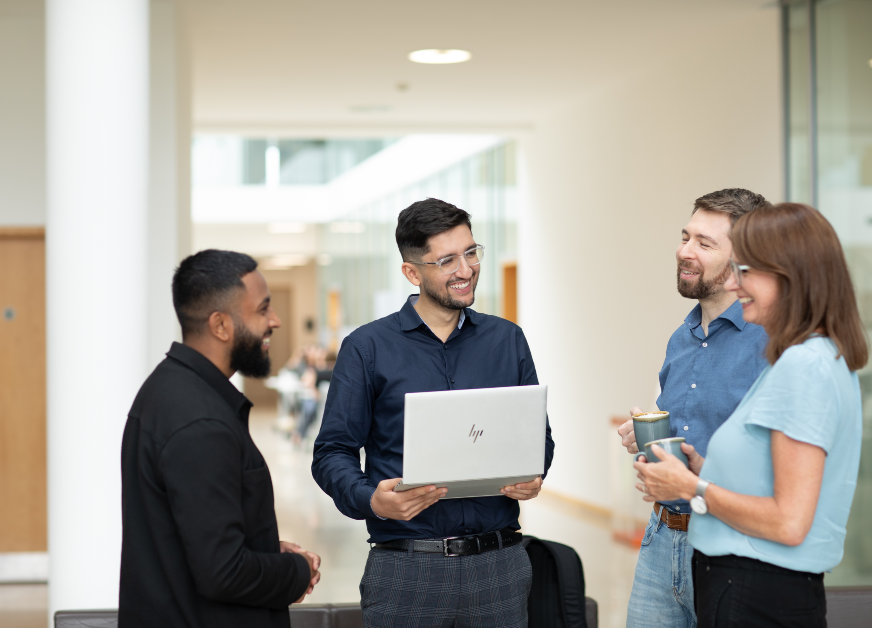Trouvons votre prochaine opportunité
AI Assistant: {{ chat.assistant.message }}
Suggestions de postes correspondants
Trier par
{{ job.job_posting_title }}
{{ job.is_cms_job ? (job.cities.split(';').length > 1 ? 'Emplacements multiples' : job.location_mappings[0]) : (job.location_mappings.length > 1 ? 'Emplacements multiples' : job.location_mappings[0]) }}
Nous sommes désolés, aucun poste ne correspond exactement à vos critères. Essayez un autre terme de recherche ou utilisez les filtres pour continuer votre recherche.
Suggestions de postes correspondants
{{ job.title }}
{{ [job.cities[0], job.regions[0], job.countries[0]].join(', ') }}
Emplacements multiples
Nous sommes désolés, aucun poste ne correspond exactement à vos critères. Essayez un autre terme de recherche ou utilisez les filtres pour continuer votre recherche.
Trouvons votre prochaine opportunité
{{ job.job_posting_title }}
{{ job.is_cms_job ? (job.cities.split(';').length > 1 ? 'Emplacements multiples' : job.location_mappings[0]) : (job.location_mappings.length > 1 ? 'Emplacements multiples' : job.location_mappings[0]) }}
La vie chez AtkinsRéalis
Vous êtes intéressé(e)? Découvrez-en plus sur la vie chez AtkinsRéalis.
Inscrivez-vous pour recevoir du contenu adapté à vos intérêts.
Entrez votre adresse courriel pour être inscrit(e) et recevoir directement dans votre boîte de réception les plus récents contenus et analyses produits par AtkinsRéalis. Si vous avez sélectionné une catégorie ou un type de contenu, vous recevrez les dernières informations liées à ce domaine.


Ensemble, sans exception
Nous donnons à chaque personne les moyens de briller et de contribuer à notre impact collectif. Nous croyons à la force des perspectives uniques. C'est ainsi que nous façonnons un meilleur avenir chaque jour.

